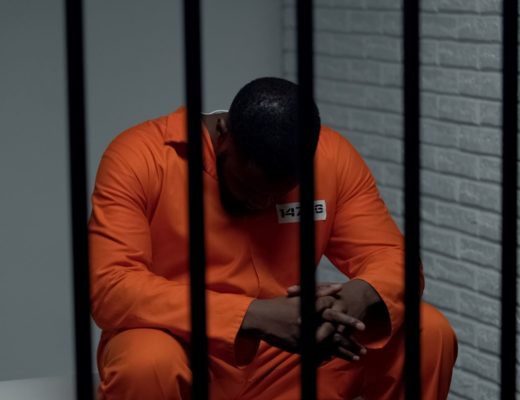Despite cannabis prohibition being in place for decades, it has done little to nothing to prevent people from using cannabis. In fact, cannabis is now more widely available than it was before prohibition!
So why doesn’t prohibition work?
In this article, we’ll explore some of the reasons why cannabis prohibition is ineffective, and why legalization may be a better option.
Prohibition in the United States has fundamentally changed. What began as restrictions on alcohol consumption and sale in the 1920s, transformed into the cannabis restrictions we see today.
Cannabis is the most commonly used drug that is considered illicit by the US government. Widely used but heavily restricted, cannabis prohibition in the US hasn’t worked since its implementation. There are numerous reasons why this is the case.
Before we can explore those reasons, let’s take a look at how cannabis prohibition started.
 Brief History of Cannabis Prohibition
Brief History of Cannabis Prohibition
Cannabis was originally prohibited in 1937 and fully criminalized in the 1950s. The reason it was deemed illegal by the federal government was not out of concern for the effects of the drug itself, but rather the people associated with it.
An influx of immigrants from Mexico during this time period was causing panic amongst established white Americans. As a result of this xenophobia and inherent racism, the public began to associate cannabis with ‘dangerous’ immigrants. Politicians encouraged this association by making the term ‘marijuana’ a part of the legal terminology to solidify its inherent ‘Hispanic-ness’.
Since then, the rhetoric around cannabis use has been a targeted negative campaign against Latin American immigrants and other minority groups.
Problems with Cannabis Prohibition Today
There are several reasons why cannabis prohibition does not work today. The first and previously mentioned reason is its continued common usage.
Common Usage:
More than 52% of Americans have admitted to trying cannabis at least once. Furthermore, a majority of high schoolers in the US have been surveyed and report that cannabis is ‘easy’ to acquire.
These facts alone prove that prohibition has failed. If a majority of people are able to acquire and use cannabis products, then the federal restrictions in place have been entirely unsuccessful.
Cannabis is Safe:
The reason cannabis is widely used and easy to acquire is that it is not the extremely dangerous drug years of rhetoric would have you believe. Cannabis is one of the safest therapeutically active substances we know of. It is physically impossible to overdose on cannabis and there are few physiological effects of consumption.
 Targeting Minorites:
Targeting Minorites:
Another reason cannabis prohibition does not work and must be terminated is its disproportionate targeting of minority communities. Its widely known that cannabis policies are racist by nature. Black people are arrested for drug offenses at higher rates than white people despite similar usage levels. They are also more likely to be stopped and searched, tried in court, and sentenced to jail for non-violent drug offenses.
Unfortunately, these impacts are resultant of a prohibition that grew out of racist ideology and xenophobia. Policies that are both ineffective and actively causing harm to BIPOC communities should be more than enough reason for the federal government to step up and resolve this situation.
Potential Solutions to Cannabis Prohibition
The greatest solution to the problems initiated by cannabis prohibition is the end of said prohibition. Both ineffective and harmful, there are zero reasons why we should continue to uphold these policies.
Cannabis is a harmless plant, one that can provide great therapeutical benefits if legalized. We have already seen this happen in several US states.
Some of the therapeutic benefits of cannabis include pain relief, anti-nausea, and anti-anxiety. While research on this subject is limited due to the prohibition, it is well known that cannabis is a safe and helpful plant.
Final Thoughts
By ending prohibition, we are reducing the number of people incarcerated for non-violent crimes, opening up the doors to research, and making the benefits of cannabis more readily available to everyone.
With all of these benefits and zero reasons to continue upholding these ineffective policies — it is clear that cannabis prohibition must end.





No Comments